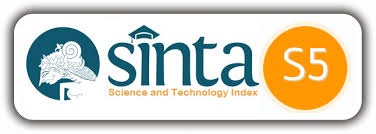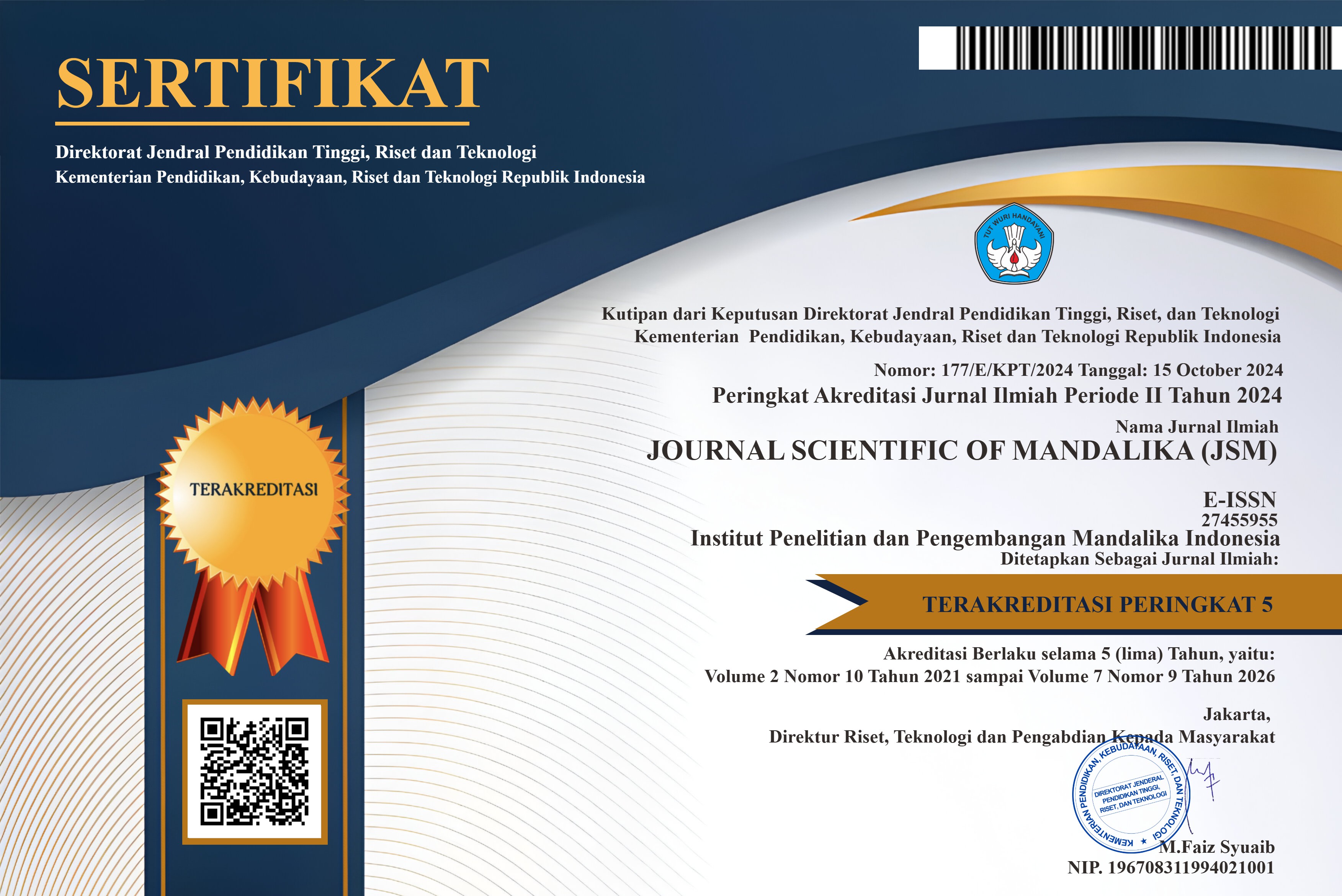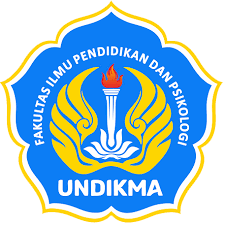Perbedaan Penurunan Skala Nyeri Dismenore Sebelum Dan Sesudah diberikan Terapi Musik Klasik di Rumah Sakit Prima Husada Sukorejo.
Abstract
Adolescence is a period of rapid growth marked by changes in physical, psychological and reproductive development. The period of reproductive development is called puberty, puberty is marked by the start of menstruation. The incidence of menstrual pain in Indonesia is 107,673 people, consisting of 59,671 people experiencing primary menstrual pain and 9,496 people experiencing secondary menstrual pain. Pharmacological treatment of menstrual pain is treated with non-steroidal anti-inflammatory drugs (NSAIDs). However, non-steroidal anti-inflammatory drugs NSAIDs can only reduce pain complaints in 20 – 25% of cases. It turns out that these drugs cause a lot of harm because they cause stomach irritation, intestinal colic, diarrhea, leukopenia and bronchial asthma attacks. Non-medical therapies such as acupuncture and music therapy have been used to treat menstrual pain and have been recommended as non-pharmacological interventions. The aim of this research is to determine the relationship between classical music therapy and reducing the level of dysmenorrhea pain scale at Prima Husada Sukorejo Hospital. The research design used was "Quasi Experimental One Groups Pretest - Posttest Design", for 115 respondents. Data collection was carried out using a pain intensity questionnaire sheet with the Numeric Rating Scale (NRS). The collected data was analyzed using the Paired Sample T-Test analysis technique assisted by SPSS v.21 for Windows. The results stated that there was a significant relationship between Mozart classical music therapy (p-value = 0.000) and the intensity of dysmenorrhea pain at Prima Husada Sukorejo Hospital. Relevant health agencies are advised to also use alternative (non-pharmacological) Mozart classical music therapy as a therapy to reduce the pain intensity scale in women with dysmenorrhea, because the results of this study show convincing significance.
Copyright (c) 2025 Lembah Andriani, Cinthia Kartikaningtias, Irawati

This work is licensed under a Creative Commons Attribution-ShareAlike 4.0 International License.













